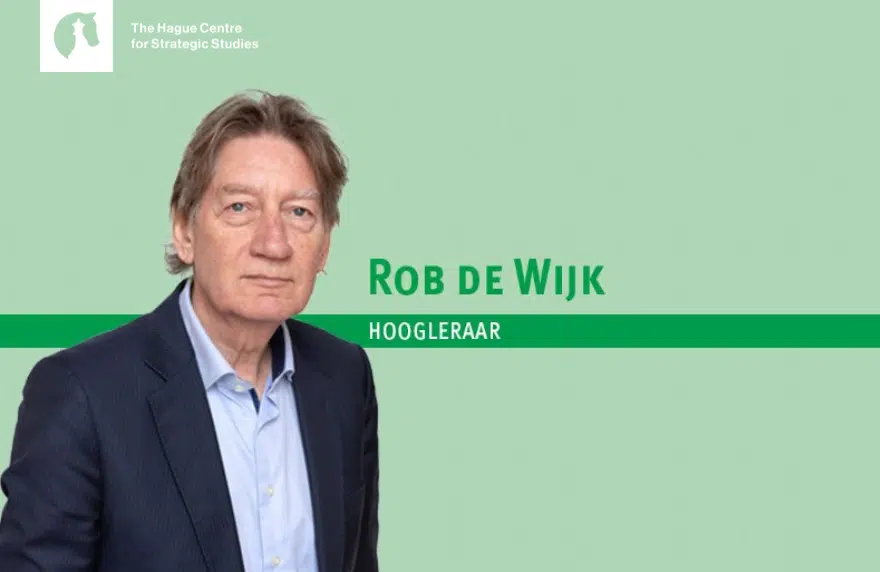De snel veranderende wereld dwingt ons tot nadenken over onze voedselproductie. Maar een einde aan het politieke gestuntel dat de agrarische sector schaadt, komt door de val van het toch al demissionaire kabinet niet in zicht.
Hoe door eigen toedoen de agrarische sectoren krimpen, blijkt uit onderzoek van ABN AMRO. De veestapel neemt met 15 tot 18 procent af als gevolg van beëindigings- en afromingsmaatregelen. Hierdoor worden de zuivel- en vleessector verstoord, ontstaat overcapaciteit in bedrijven die dicht bij de boer staan en vervolgens failliet kunnen gaan.
Ook buiten de Europese Unie worden agrarische sectoren hard geraakt. Zo werd het Verenigd Koninkrijk geconfronteerd met de gevolgen van de brexit, waardoor boeren miljarden ponden moeten besteden aan extra kosten om naar de Europese Unie te kunnen exporteren. En door de immigratiebeperkingen zijn tekorten aan arbeidskrachten ontstaan.
Toch heeft dit alles nauwelijks effect op het politieke en publieke debat. Velen juichen dat de ‘vervuilende’ landbouw wordt verkleind, zonder acht te slaan op de gevolgen van de afname van de voedselproductie in Europa. De beschikbaarheid van voedsel is een vanzelfsprekendheid. Deze misvatting heeft grote gevolgen nu de landbouwopbrengsten door een opeenstapeling van maatregelen worden verkleind. Politici hebben de mond vol van de voorzieningszekerheid, maar zijn zelf verantwoordelijk voor slecht beleid. Ze negeren structurele factoren die de voedselvoorziening ondermijnen en lichten burgers onvoldoende voor. Maar landbouwopbrengsten dreigen intussen met tientallen procenten af te nemen.
Politici negeren structurele factoren die de voedselvoorziening ondermijnen en lichten burgers onvoldoende voor
Klimaatverandering en het gebruik van landbouwproducten als geopolitiek pressiemiddel verergeren het probleem. De voedselvoorziening komt helemaal in gevaar als een onrustbarend rapport over de Golfstroom bewaarheid wordt. Volgens onderzoekers van de Universiteit Utrecht zou die rond 2063 kunnen gaan stilvallen. Mijn ervaring is dat dit soort voorspellingen vaak sneller achterhaald worden dan je denkt. Want ontwikkelingen accelereren continu en zijn vaak destructiever dan gedacht.
Een rampenscenario waarbij de aarde sneller opwarmt, kan het stilvallen van de Golfstroom al in 2053 veroorzaken. Het gevolg is koudere winters en hevigere stormen. Dat dit onze voedselvoorziening treft, hoeft geen betoog. Daarom een tip voor het nieuwe kabinet: geef deskundigen de opdracht om scenario’s uit te werken, bepaal vervolgens wat wij aan productiecapaciteit nodig hebben en maak dit leidend voor te nemen maatregelen.





